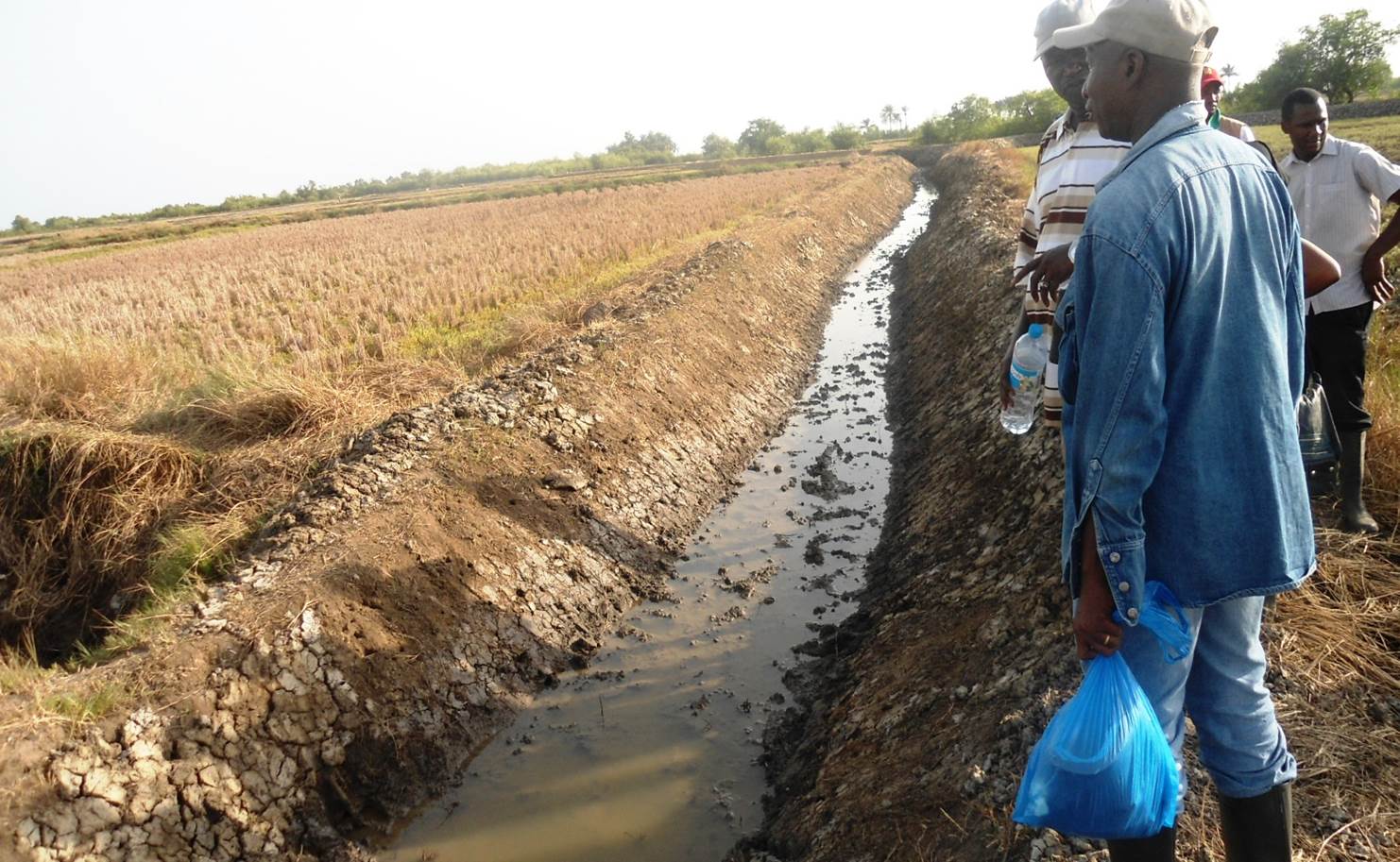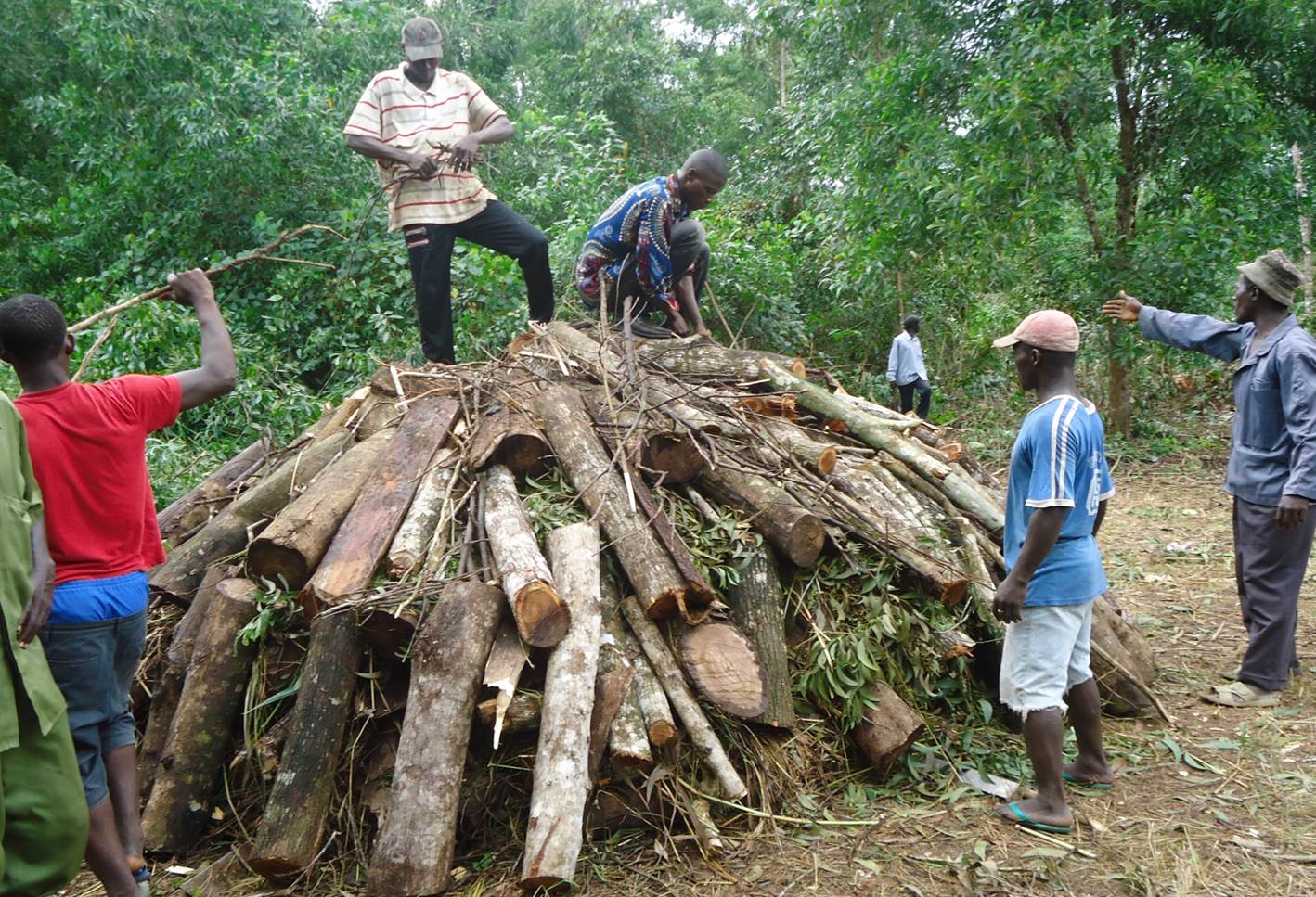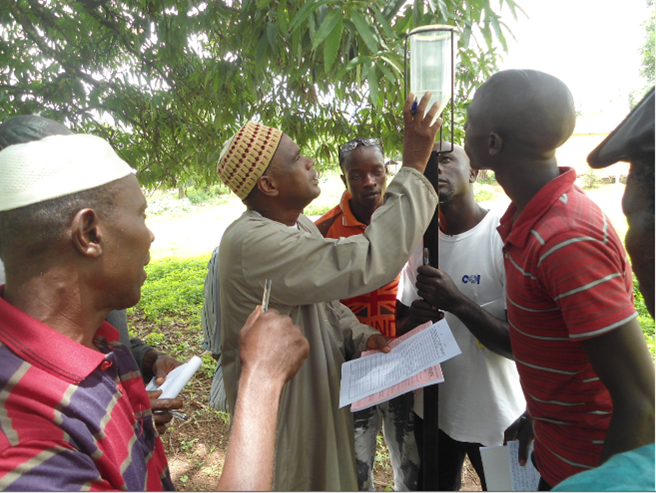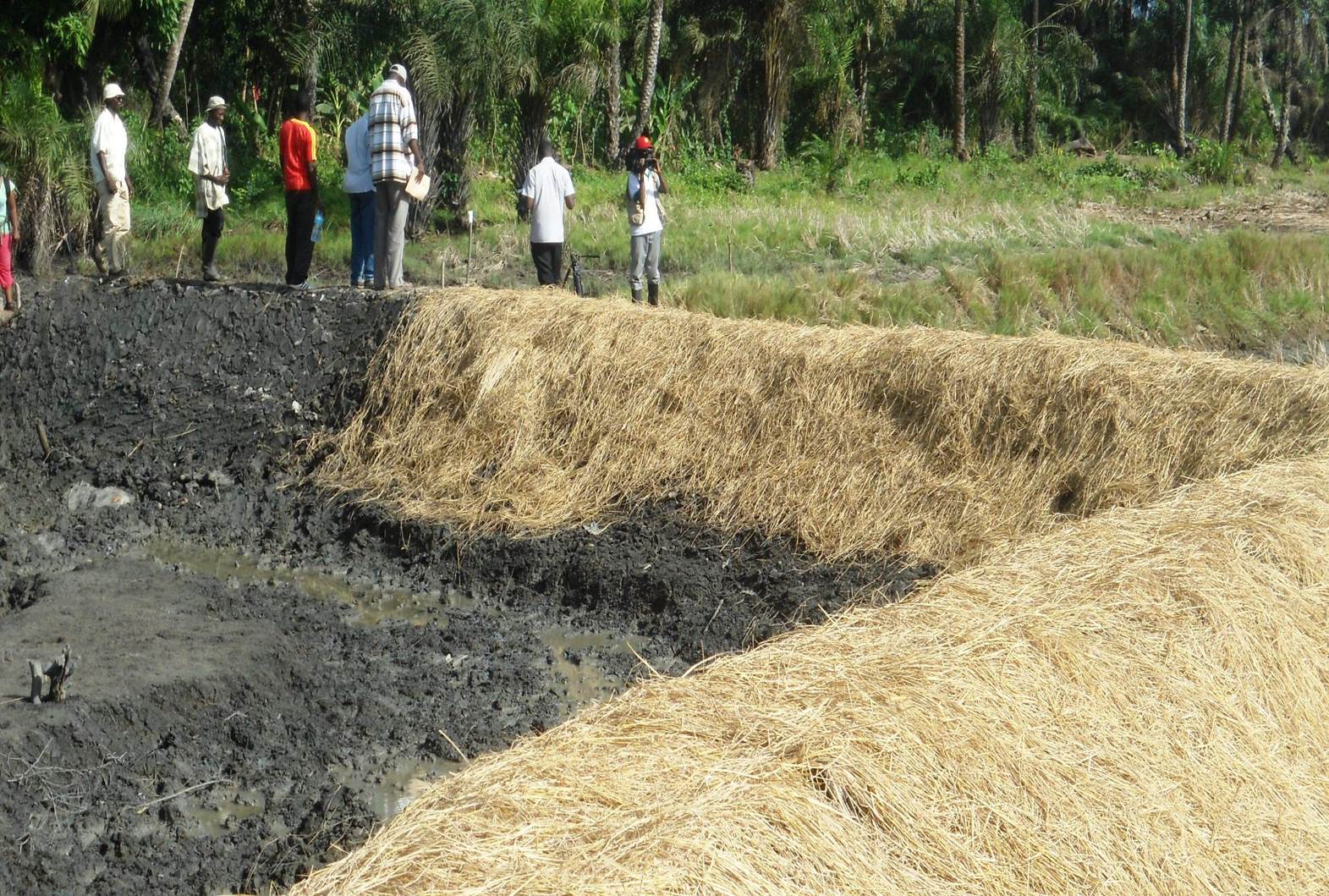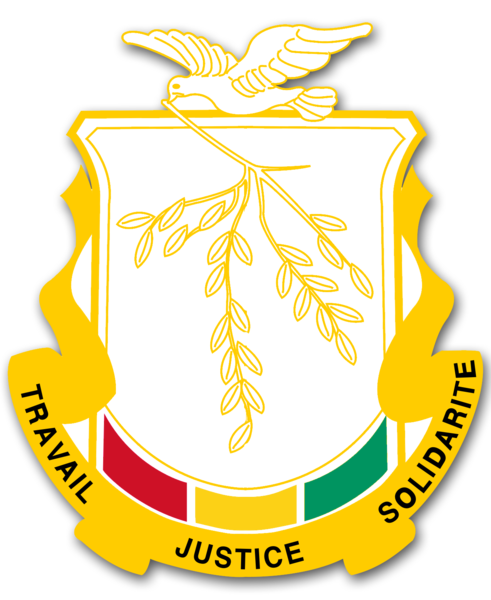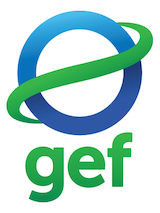Increased Resilience and Adaptation to Adverse Impacts of Climate Change in Guinea’s Vulnerable Coastal Zones
Increased Resilience and Adaptation to Adverse Impacts of Climate Change in Guinea’s Vulnerable Coastal Zones
The impacts of climate change on the Guinean coastal zone are predicted to adversely affect coastal economic development, coastal natural resources, coastal agricultural production and globally, food security. According to current information on climatic variability and predicted climate change scenarios for Guinea, the country's long-term development is expected to be significantly affected by; (i) rising sea level and salt water intrusion; (ii) increased rainfall variability, including more frequent events of short and intense rains; and (iii) more frequent drought periods in the North of the coastal zone.
The project aims to mainstream Guinean Integrated Coastal Zones Management into development policies, strategies and plans at the local, prefectural and central levels. Additionally it seeks to assist farmers implement adaptive farming systems in mangrove areas. Contributions to respond to these barriers and reduce the level of vulnerabilities to climate change will be achieved through the pursuit of specific outcomes including: (a) integration of climate change and climate variability concerns into policies and planning processes at the state, national, sub-national and local levels; (b) implementation of risk reduction strategies and adaptation measures at pilot sites; (c) strengthening technical capacity to integrate climate risks into coastal zone management; and (d) disseminating lessons learned to key stakeholders.
For updates on UNDP Early Warning Systems and Climate Resilient Development projects, click here.
Outcome 1 - Capacity to plan for and respond to climate change in coastal areas improved
Outcome 2 - Climate risk management measures implemented in coastal communities
Outcome 3 - Key national capacities for undertaking analytical work on the economics of climate change developed
Outcome 4 - Lessons learned from pilot demonstration activities; capacity development initiatives and policy changes are collected and widely disseminated
Project Overview
The impacts of climate change on the Guinean coastal zone are predicted to adversely affect coastal economic development, coastal natural resources, coastal agricultural production and globally, food security. According to current information on climatic variability and predicted climate change scenarios for Guinea, the country's long-term development is expected to be significantly affected by; (i) rising sea level and salt water intrusion; (ii) increased rainfall variability, including more frequent events of short and intense rains; and (iii) more frequent drought periods in the North of the coastal zone.
The project aims to mainstream Guinean Integrated Coastal Zones Management into development policies, strategies and plans at the local, prefectural and central levels. Additionally it seeks to assist farmers implement adaptive farming systems in mangrove areas. Contributions to respond to these barriers and reduce the level of vulnerabilities to climate change will be achieved through the pursuit of specific outcomes including: (a) integration of climate change and climate variability concerns into policies and planning processes at the state, national, sub-national and local levels; (b) implementation of risk reduction strategies and adaptation measures at pilot sites; (c) strengthening technical capacity to integrate climate risks into coastal zone management; and (d) disseminating lessons learned to key stakeholders.
For updates on UNDP Early Warning Systems and Climate Resilient Development projects, click here.
Project Details
The proposed initiative will facilitate a programmatic approach to climate change adaptation in Guinea by mainstreaming adaptation into central sectoral policies and sub-national policies and strategies in Lower Guinea. On the other hand, it will also aid the implementation of small-scale pilot adaptation initiatives at the community level.
This project recognizes that the overall enabling environment must support villages and communities as they adapt to climate change. As a result of this project, the enabling environment in the five concerned coastal Prefectures will have been modified accordingly. This will include: revised policies and development plans, with the mainstreaming of climate change; new tools to mainstream climate change into plans, programmes, policies and actions of prefectural technical and political departments; and a strong cadre of experts at the prefectural level with the skills and information to support village development. LDCF resources will be used to (a) integrate climate risk reduction into planning, policies and programs at the national and sub-national level in Lower Guinea. Local Development Plans of the coastal CRDs and the master plan for urban coastal cities, including the capital Conakry, will be reviewed and amended to take climate change, climate variability and adaptation responses into account in coastal zone management.
This will be complemented through: (b) implementation of climate change and adaptation awareness raising campaigns among key stakeholders in socio-economic groups, i.e. loggers, fishmongers, fishermen, farmers, etc. and locally elected, prefectural and central administration staff. The project also recognizes that critical capacity must be established at the national level to support Regions, Prefectures, villages and communities as they adapt to climate change. In this regard, the project will develop new tools to mainstream climate change into national plans and programmes, and it will strengthen climate forecasting based on existing information and models, all while fostering a strong cadre of technical experts. Furthermore, an early warning system will be initiated to support farmers, villagers and communities in their decisions that are affected by meteorology and climate.
The project recognizes that measures to adapt to climate change must first and foremost be undertaken at the community and village level. The project therefore takes the community as a key entry point and as a key driver of change. It will contribute towards informing and implementing local and pragmatic adaptation responses through (c) demonstrations. In particular, the project will promote adaptation to saline intrusion and increased erosion due to a rise in sea level. Effective coastal management systems that take climate change concerns into account will be designed and established. Zoning (green habitats) in priority regions will be re-established and climate-resilient livelihood practices for communities developed. If successfully implemented, this is expected to reduce coastal inundation.
Finally, best practices will be disseminated for potential replication (with appropriate adjustments) in other areas. This initiative thus builds from the local level through demonstrations with the direct beneficiaries at a community level. It also recognizes the importance of building capacity at the national level while integrating climate adaptation and risk reduction methods into policies and programs.
Source: Guinea UNDP Project Document (November 24, 2009)
Key Results and Outputs
- Outcome 1: Capacity to plan for and respond to climate change in coastal areas improved
- Output 1.1: Prefectures' master plans and zoning regulations reviewed and amended to incorporate adaptation concerns (Forécariah, Coyah, Dubréka, Boffa, Kamsar and the special zone of Conakry)
- Output 1.2: Local development plans of coastal Rural Development Communities (CRD) revised to integrate climate change risks (15 "Communes Rurales de Développement – CRD")
- Output 1.3: Key stakeholders possess the necessary training related to the risks of climate change on coastlines and the adaptation options
- Output 1.4: System to disseminate climate change relevant agro-meteorological advice to critical coastal stakeholders initiated
- Output 1.5: Strengthened capacities of research and teaching institutes so they can provide training, conduct research and share knowledge in costal zones
- Outcome 2: Climate risk management measures implemented in coastal communities
- Output 2.1: Appropriate coastal management systems aimed at reducing risks from rising sea levels identified, evaluated and developed for four vulnerable sites in the coastal area and in critical rice-growing plains (distributed in the Prefectures of Boffa and Forécariah)
- Output 2.2: Alternative climate resilient livelihoods activities adopted by vulnerable communities
- Output 2.3: Initiated Early Warning System to support coastal zone management and implemented monitoring of climate change risks and impacts in coastal zones
- Outcome 3: Key national capacities for undertaking analytical work on the economics of climate change developed
- Output 3.1: A portion of national budgets is allocated to climate change risk management
- Output 3.2: Climate change adaptation is mainstreamed into budgets of the 5 Prefectures (including the special zone of Conakry)
- Output 3.3: Staff in key Line Ministries has enhanced capacity to assess the costs and benefits of climate change, including adaptation and low carbon options
- Outcome 4: Lessons learned from pilot demonstration activities; capacity development initiatives and policy changes are collected and widely disseminated
- Output 4.1: Lessons learned extracted using a pre-established systematic framework
- Output 4.2: Lessons shared with local partners and international agencies
- Output 4.3: Five websites diffuse results, lessons learned and best practices of the project
Source: Guinea UNDP Project Document (November 24, 2009)
Reports and Publications
Project Brief / Fact Sheet
ProDocs
Monitoring and Evaluation
Project Start:
- Project Inception Workshop: will be held within the first 2 months of project start with those with assigned roles in the project organization structure, UNDP country office and where appropriate/feasible regional technical policy and programme advisors as well as other stakeholders. The Inception Workshop is crucial to building ownership for the project results and to plan the first year annual work plan.
Daily:
- Day to day monitoring of implementation progress: will be the responsibility of the Project Manager, based on the project's Annual Work Plan and its indicators, with overall guidance from the Project Director. The Project Team will inform the UNDP-CO of any delays or difficulties faced during implementation so that the appropriate support or corrective measures can be adopted in a timely and remedial fashion.
Quarterly:
- Project Progress Reports (PPR): quarterly reports will be assembled based on the information recorded and monitored in the UNDP Enhanced Results Based Management Platform. Risk analysis will be logged and regularly updated in ATLAS.
Annually:
- Annual Project Review/Project Implementation Reports (APR/PIR): This key report is prepared to monitor progress made since project start and in particular for the previous reporting period (30 June to 1 July). The APR/PIR combines both UNDP and GEF reporting requirements.
Periodic Monitoring through Site Visits:
- UNDP CO and the UNDP RCU will conduct visits to project sites based on the agreed schedule in the project's Inception Report/Annual Work Plan to assess first hand project progress. Other members of the Project Board may also join these visits. A Field Visit Report/BTOR will be prepared by the CO and UNDP RCU and will be circulated no less than one month after the visit to the project team and Project Board members.
Mid-Term of Project Cycle:
- Mid-Term Evaluation: will determine progress being made toward the achievement of outcomes and will identify course correction if needed. It will focus on the effectiveness, efficiency and timeliness of project implementation; will highlight issues requiring decisions and actions; and will present initial lessons learned about project design, implementation and management. Findings of this review will be incorporated as recommendations for enhanced implementation during the final half of the project's term.
End of Project:
- Final Evaluation: will take place three months prior to the final Project Board meeting and will be undertaken in accordance with UNDP and GEF guidance. The final evaluation will focus on the delivery of the projects results as initially planned (and as corrected after the mid-term evaluation, if any such correction took place). The final evaluation will look at impact and sustainability of results, including the contribution to capacity development and the achievement of global environmental benefits/goals. The Terminal Evaluation should also provide recommendations for follow-up activities.
- Project Terminal Report: This comprehensive report will summarize the results achieved (objectives, outcomes, outputs), lessons learned, problems met and areas where results may not have been achieved. It will also lie out recommendations for any further steps that may need to be taken to ensure sustainability and replicability of the project’s results.
Learning and Knowledge Sharing:
- Results from the project will be disseminated within and beyond the project intervention zone through existing information sharing networks and forums.
- The project will identify and participate, as relevant and appropriate, in scientific, policy-based and/or any other networks, which may be of benefit to project implementation though lessons learned. The project will identify, analyze, and share lessons learned that might be beneficial in the design and implementation of similar future projects.
- Finally, there will be a two-way flow of information between this project and other projects of a similar focus.
Source: Guinea UNDP Project Document (November 24, 2009)
Contacts
As part of this project 17 public institutions and NGOs have led activities related to CCA and information about the project has been widely disseminated by television and radio.
